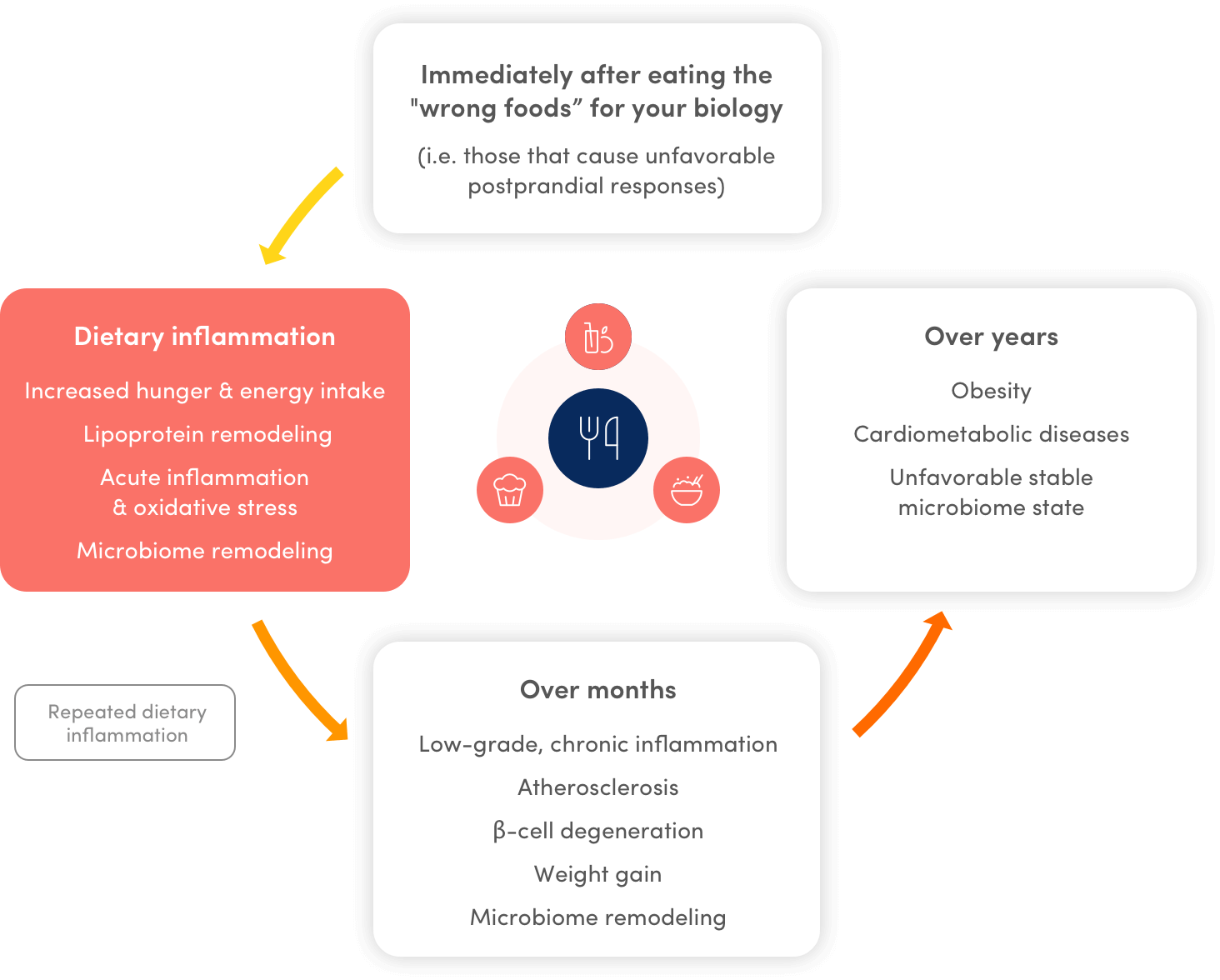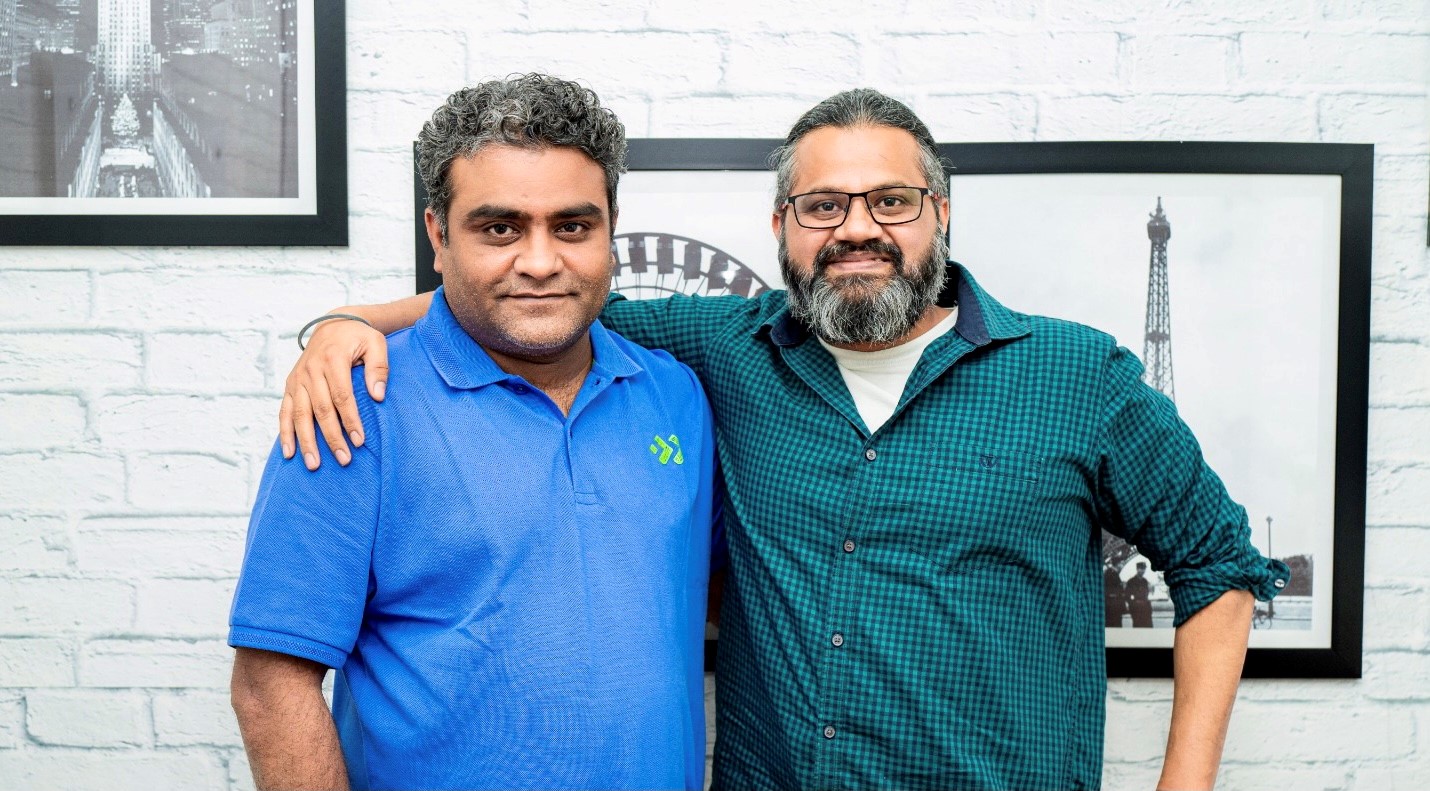 News Release
News ReleaseNextFerm Technologies Announces Successful Pilot for Industrial-Scale Production of ProteVin™, its Proprietary Vegan Protein
NextFerm Technologies Ltd.
NextFerm Technologies (TASE:NXFR), a Food-tech company developing ProteVin™, a vegan, non-GMO, yeast-based protein alternative, announced that it has successfully completed an industrial production pilot for ProteVin™. The successful pilot is the first of three milestones towards commercial production and launch of ProteVin™, planned in 2022. The two additional milestones are first, generating initial demand from the market and engagement with a first customer by the end of 2021; and second, entering into a production agreement with a subcontractor. As part of the pilot, which was conducted at production facilities in the US, the industrial production of the protein was examined while preserving the same characteristics that were achieved in the laboratory scale. Analysis of the results by independent laboratories, an internal team taste testers and a potential customer, showed that ProteVin™ successfully achieved all the pilot's objectives. Boaz Noy, Chief Executive Officer of NextFerm, said, “The successful industrial pilot of ProteVin™, marks an important achievement that brings us significantly closer to the planned commercial production and launch of ProteVin™ in 2022. The fast-growing alternative protein market is estimated at $13 billion, with an annual growth rate of 10%. The strong need for innovation by leading players in the food industry is for the protein itself, the raw material that is the foundation for all animal-derived food alternatives. The successful pilot reflects the outstanding value proposition of ProteVin™ as an alternative to animal-derived protein, with neutral flavor, the most important parameter for food manufacturers. This makes it accessible to a wide array of products such as milk and dairy substitutes, meat substitutes and additional categories such as infant nutrition, adult nutrition, and sports nutrition. Furthermore, for the first time, we bring the market a vegan protein with nutritional value that is higher than other plant-based proteins and that is comparable to animal-derived proteins. The nutritional advantage of ProteVin™ over other sources of plant-based proteins can be seen in its amino acid profile, which provides more essential amino acids (EAA) and more branched-chain amino acids (BCAA) and has better digestibility.” Mr. Noy Concluded, “We have recently begun sending commercial samples of ProteVin™ to potential customers worldwide. On the production side, we are in discussions with several potential subcontractors, in order to launch the product in 2022, as planned, and look forward to update our investors on our progress.” 1 st Target - Meeting the parameters determined that define the product: In tests performed by an independent laboratory, ProteVin™ met all parameters defined, including concentration of the protein, composition of amino acids, digestibility, light color, a product free of contaminants and allergens, and its compliance with food regulations and other quality parameters. 2 nd Target - Compliance with taste, flavor and odor requirements: ProteVin™ achieved neutral taste, flavor and odor requirements, without typical aftertaste and odor of various types of plant-based proteins. 3 rd Target - ability to supply samples of ProteVin™ for customers' approval: As part of the pilot, NextFerm produced a quantity of the protein sufficient to supply samples in the amount required for approval by potential customers. Customer testing includes integrating the protein in the prototype of their products, which is an essential step towards a commercial agreement with a customer. To the best of the company's knowledge, other than ProteVin™, there is currently no other protein alternative on the market with the same nutritional value and amino acid composition as animal-derived protein, and which has a neutral taste and flavor, with no aftertaste. In terms of regulation, ProteVin™ can be marketed in the US, Europe and other countries. About NextFerm Technologies NextFerm Technologies, traded on the Tel Aviv Stock Exchange (TASE:NXFR) is a food-tech company engaged in the research, development, manufacturing and marketing of innovative, functional and vegan yeast-derived, non-GMO protein alternatives for various applications in the food and food supplement markets and the growing market for animal-derived protein alternatives. NextFerm's flagship product is ProteVin™, a vegan yeast-derived protein alternative with nutritional value that is similar to animal-derived protein and a neutral flavor with no aftertastes that are typical of plant-based protein. ProteVin™ is designed for a variety of categories in the alternative protein market, which is estimated at $13 billion, with an annual growth rate of 10%, including the alternative meat market, milk alternatives and powder formulas for the infant nutrition market, for the wellbeing market and the market for athletes. NextFerm is gearing up for commercialization of the product in the US in 2022. Another product currently being sold is Astaferm®, an innovative astaxanthin-based antioxidant derived from yeast that has been sold in the US since the end of 2020 through well-established and leading brands in the food supplement market in the US. The company has additional products which have been licensed to Lallemand, a global giant focused on yeast. For more information, visit the NextFerm website at: www.nextferm.com Legal Notice Regarding Forward-Looking Statements This announcement also includes forecasts, projections, assessments, estimates and other information which refer to future events and matters, the realization of which is uncertain and not exclusively under the Company’s control (forward-looking information). The main facts and data used to support this information are facts and data regarding the current position of the Company and its businesses (including the scope of sales and levels of profitability, manpower, commercial engagements and more), facts and data regarding the current global position of the Company’s operating segments (including industry-specific financial developments, environmental regulatory developments, the competitive environment, technological developments, the reinsurance market and more), and macro-economic facts and data (including the economic situation both in Israel and around the world, yields in the capital markets, social and state developments and more), all as known by the Company when publishing this announcement. The forward-looking information included above in this announcement is significantly based upon, in addition to the existing information held by the Company, on the Company’s current assessments and expectations of future developments vis-a-vis each one of the aforementioned parameters, and the interconnectedness of each one of these developments. The Company has no certainty that its forecasts and assessments will indeed eventuate, and the Company’s operating results may be materially different than the results assessed or implicit based on that set forth above, inter alia, as a result of a change in any of the aforementioned factors. Contact Details NextFerm Technologies Ltd. Yossi Ohana - Chief Financial Officer +972 54-771-5893 yossio@nextferm.com Investor and Media Contact Meirav Gomeh-Bauer +972544764979 meirav@bauerg.com Company Website https://www.nextferm.com/
June 08, 2021 11:30 AM Eastern Daylight Time







